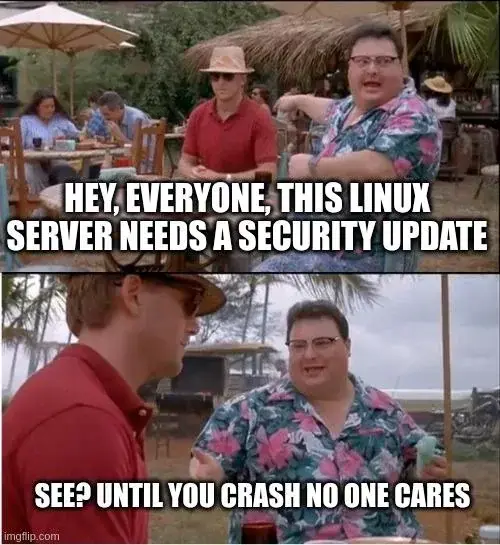IDK, depends on the CPU architecture... I'm not that famlilar with Macs, but if it's x64 capable, yeah, no problem.
I think there was a list of supported architectures on the website 🤔...
Can't find it now. Anyway, x86, x86_64, ARMv6/v7/v8 are all supported out of the box. PPC is also supported, but you have to build everything yourself from scratch (there was one maintainer that maintained a PPC build, but he gave up on it a year or so ago, he went on to form Chimera Linux), which can be done by crossbuilding on any of the supported architectures using xbps-src... but that's a lot of work to be honest, if it's a PPC architecture, you're better off using Chimera Linux.
I do recommend trying the glibc version first, since you'd have to run everything that depends on glibc in a chroot, on a musl install. Yeah, it is doable, but if you're not really experienced with this, just use the glibc version.








Yes, that should be possible.
But, I would first try the naked Void install with additional firmware. lspci and lsusb should point you to which manufaturer you're missing drivers for and you can install the additional firmware from the non-free Void repo, (you can add that manually to the repos, it doesn't come bundled with it). If that deosn't work, hey, you can always try repackaging 🤷. Just remember to remove the non-free firmware first, so it doesn't conict with the repackaged stuff from RH (yes, things like firmware packages or drivers can conflict with each other, especially since you're taking them from a repo xbps knows nothing about).
Yeah, just test it out on old x86 hardware, that's what I did at first as well.